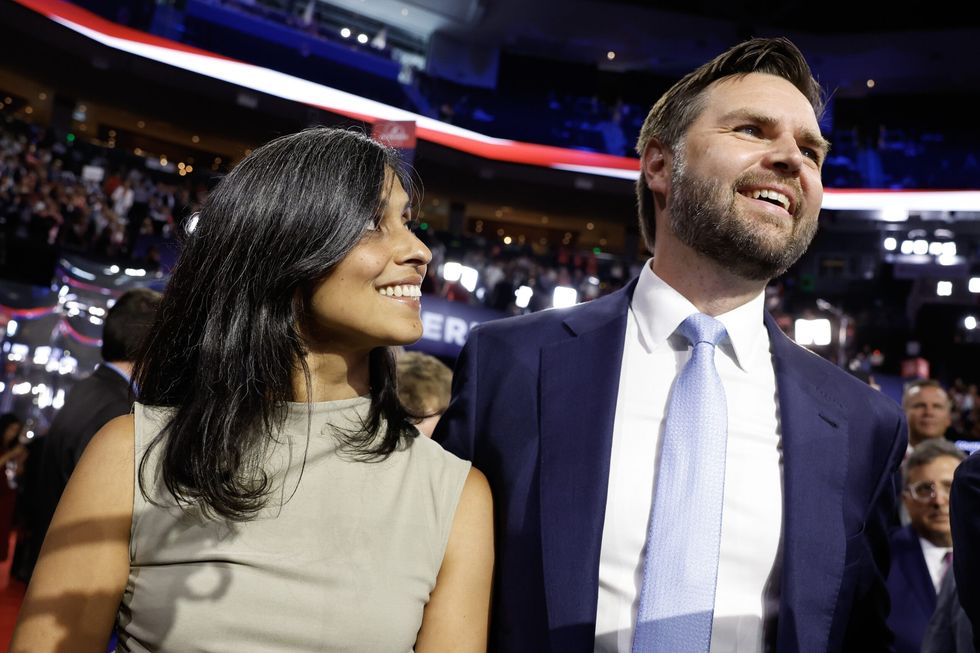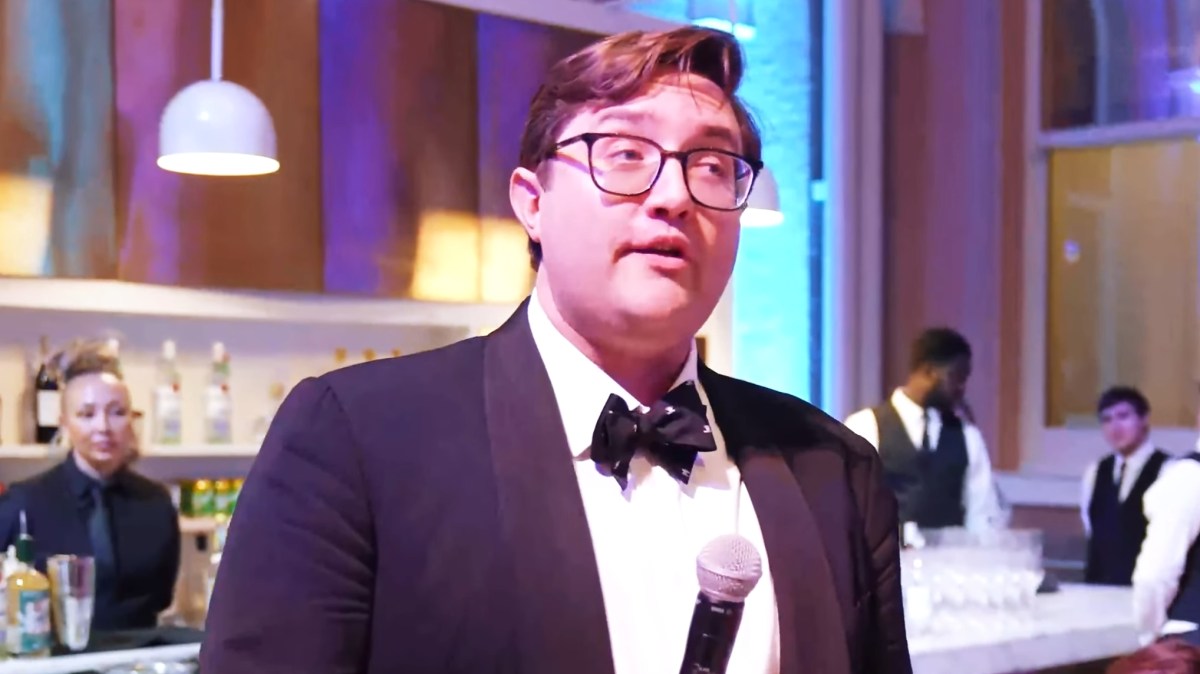US Vice President JD Vance has publicly defended his statement expressing a hope that his wife, Usha Vance, would convert to Christianity. Usha, who was raised as a Hindu, has not shown any intention to change her faith. Vance’s remarks, made during a Turning Point USA event at the University of Mississippi, have sparked criticism, which he characterizes as rooted in “anti-Christian bigotry.”
The incident occurred on Wednesday when Vance spoke about raising their three children in an interfaith marriage. He stated, “Do I hope eventually that she is somehow moved by the same thing that I was moved in by church? Yeah, I honestly do wish that.” He added that he respects Usha’s free will, as he believes that “God says everybody has free will, and so that doesn’t cause a problem for me.”
Following backlash on social media, Vance responded to a comment on X (formerly Twitter) that accused him of undermining his wife’s religion to appease right-wing supporters. He described the remark as “disgusting” and clarified, “She is not a Christian and has no plans to convert, but like many people in an interfaith marriage — or any interfaith relationship — I hope she may one day see things as I do.”
Usha Vance, who was born in San Diego to parents from India, has previously indicated that her Hindu upbringing has contributed positively to her character. In a 2024 interview with Fox News, she remarked that her parents’ faith instilled values that shaped them into “really good people.”
Vance, a practicing Catholic who converted in 2019, often discusses how his faith influences his conservative political beliefs. Raised in an evangelical Christian environment, he has shared insights from his challenging upbringing in his memoir, Hillbilly Elegy. The couple met during their studies at Yale Law School and married in 2014.
As a potential candidate for the 2028 US presidential election, Vance’s comments reflect a broader trend of political figures engaging with religious narratives, often leading to public scrutiny. His remarks and the ensuing controversy highlight the complexities of interfaith relationships in the context of public life and political discourse.







